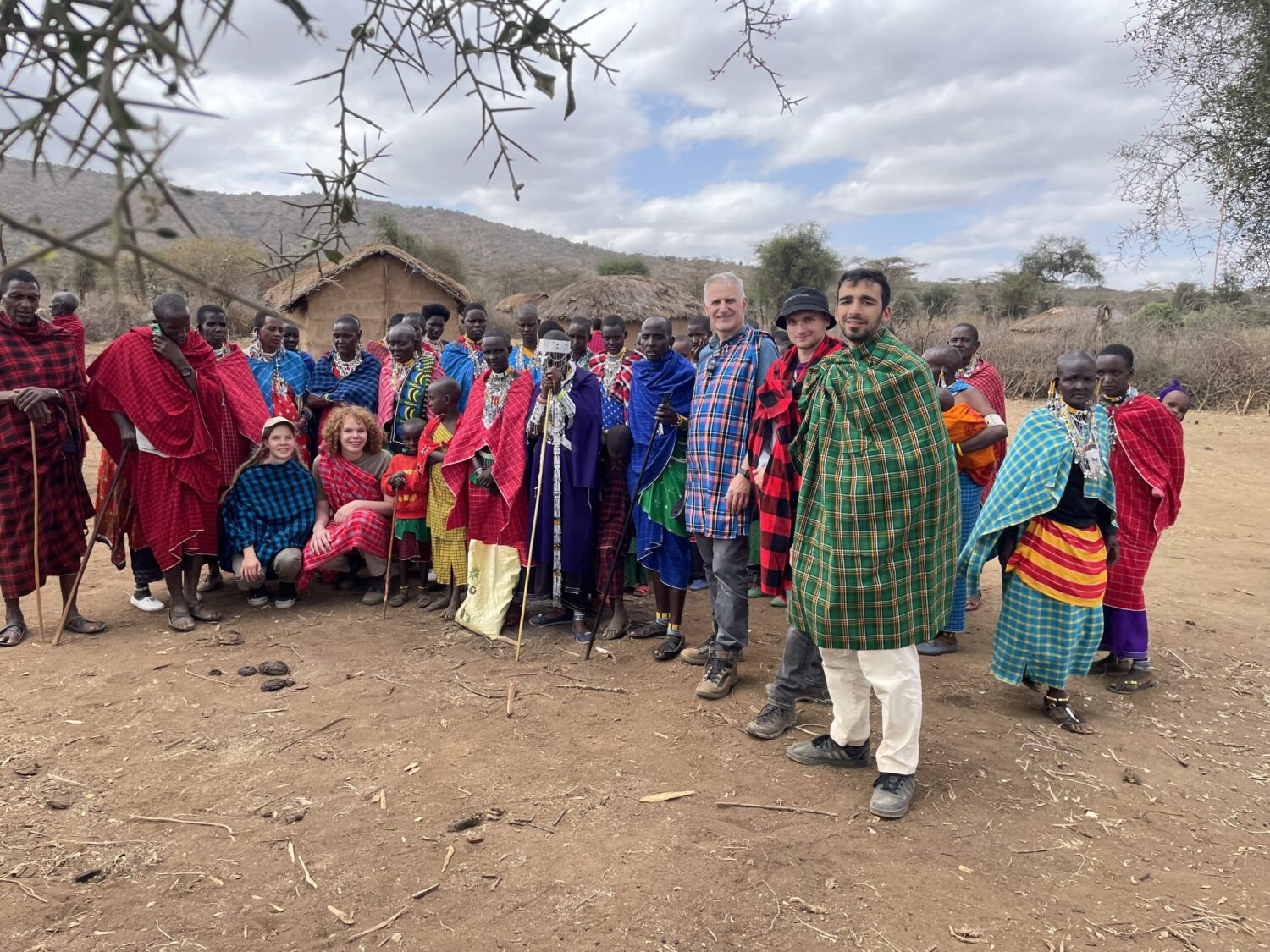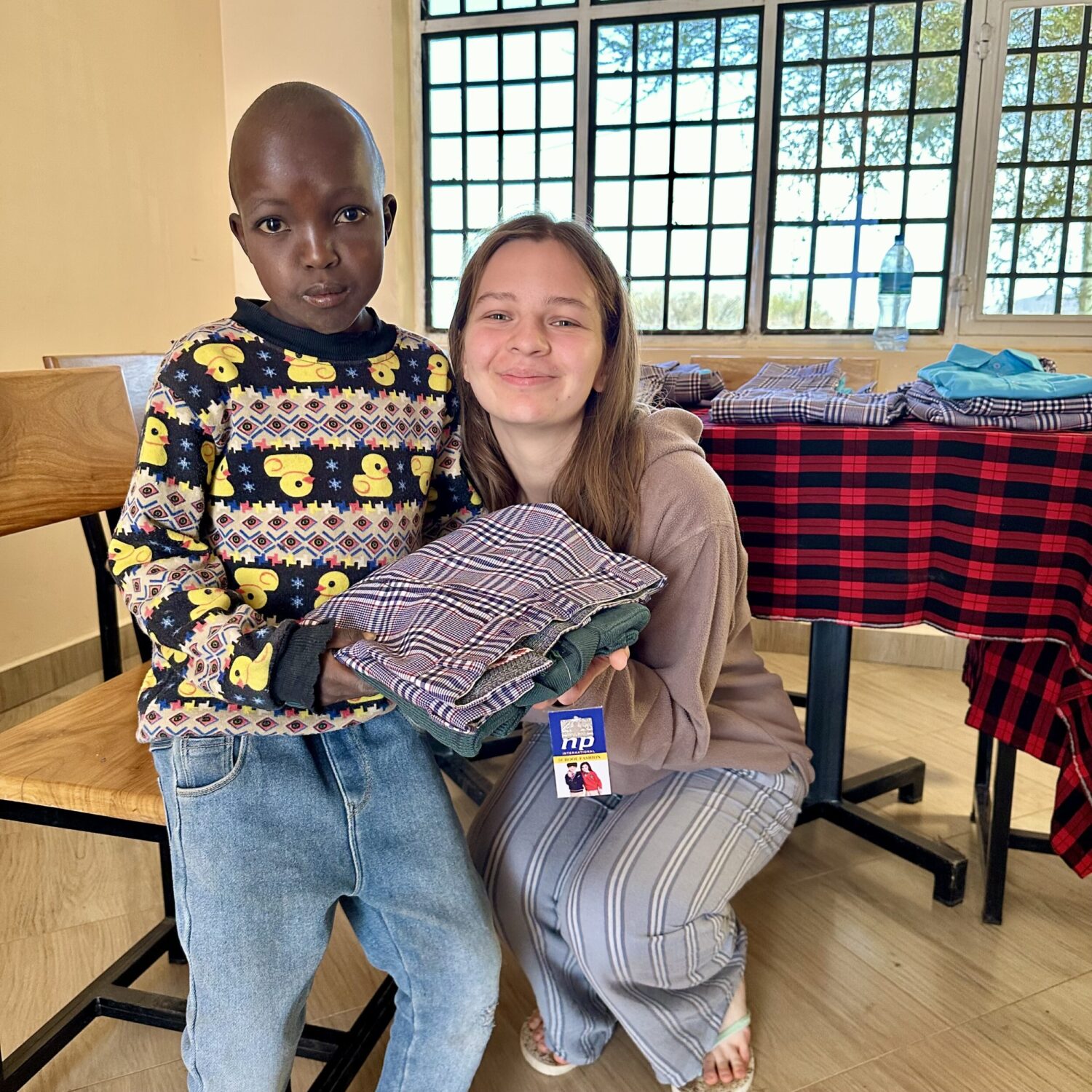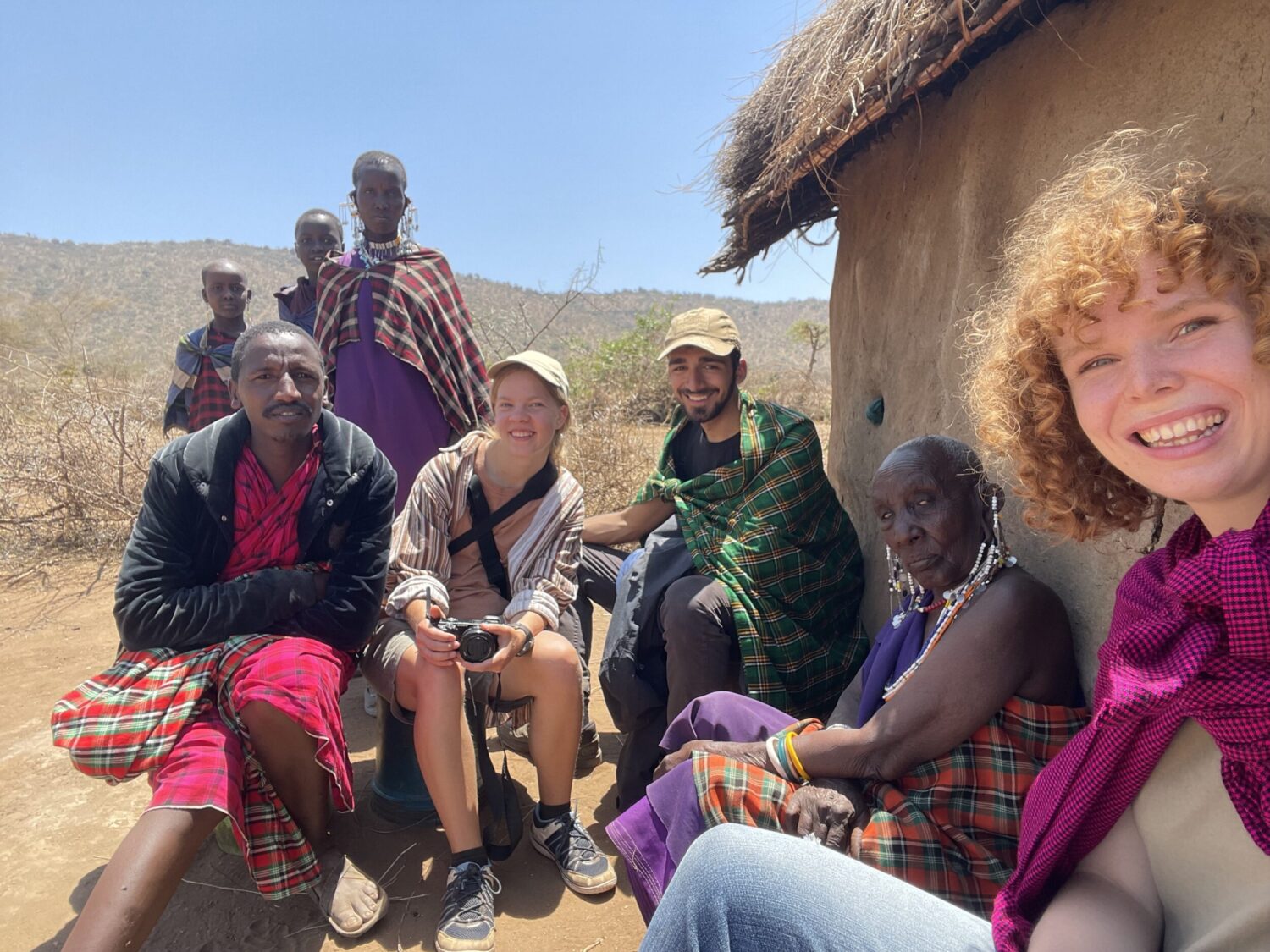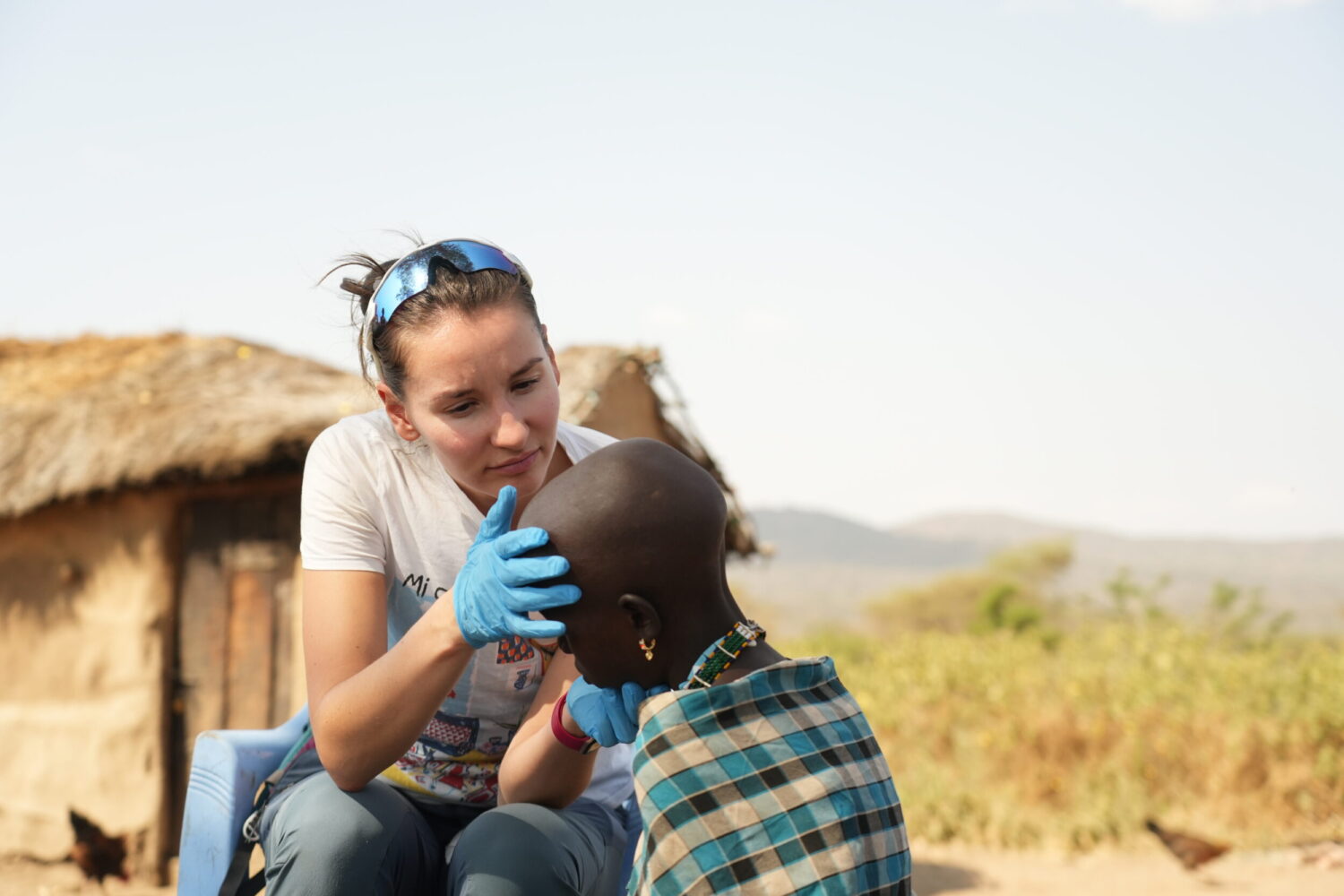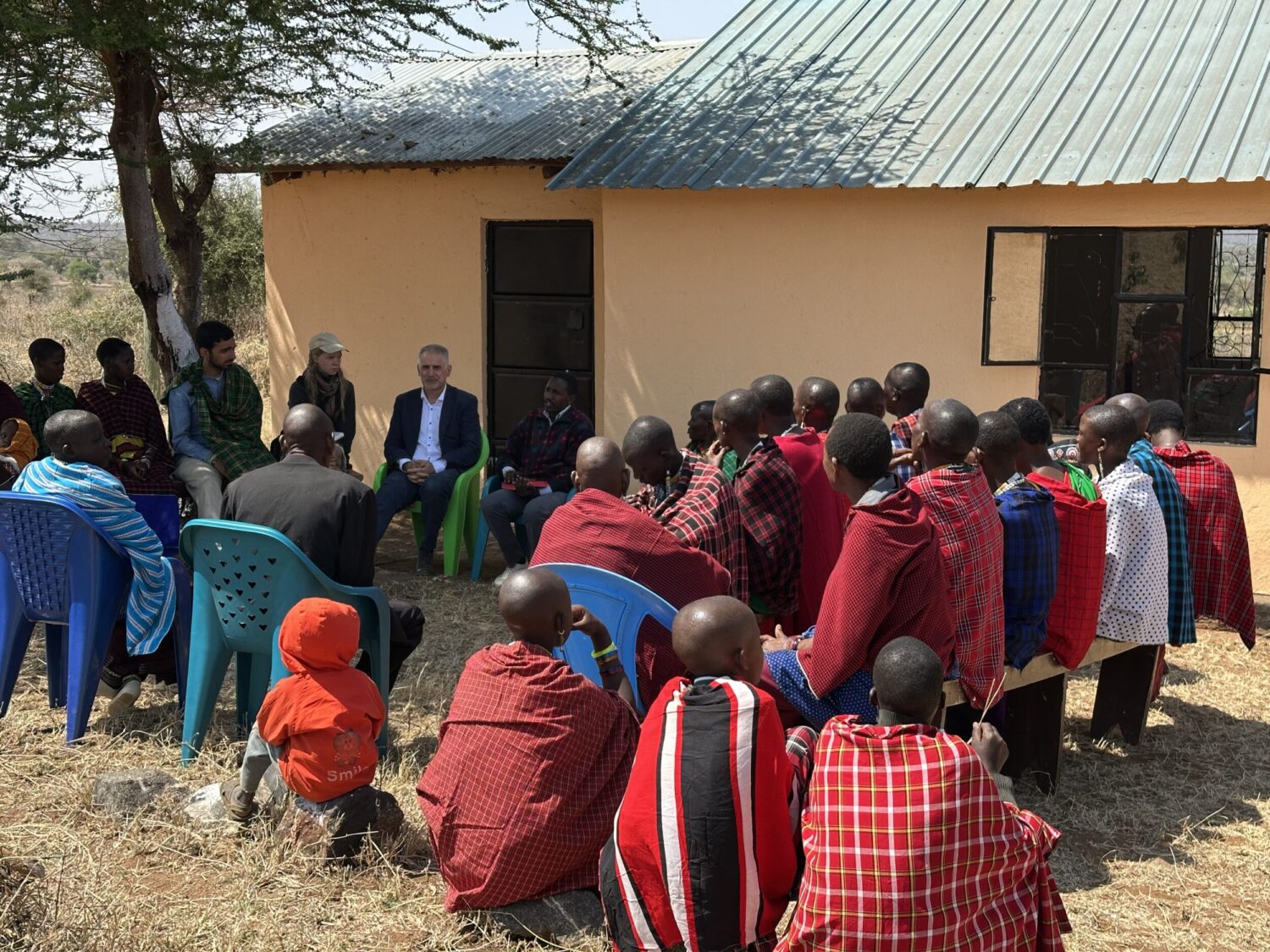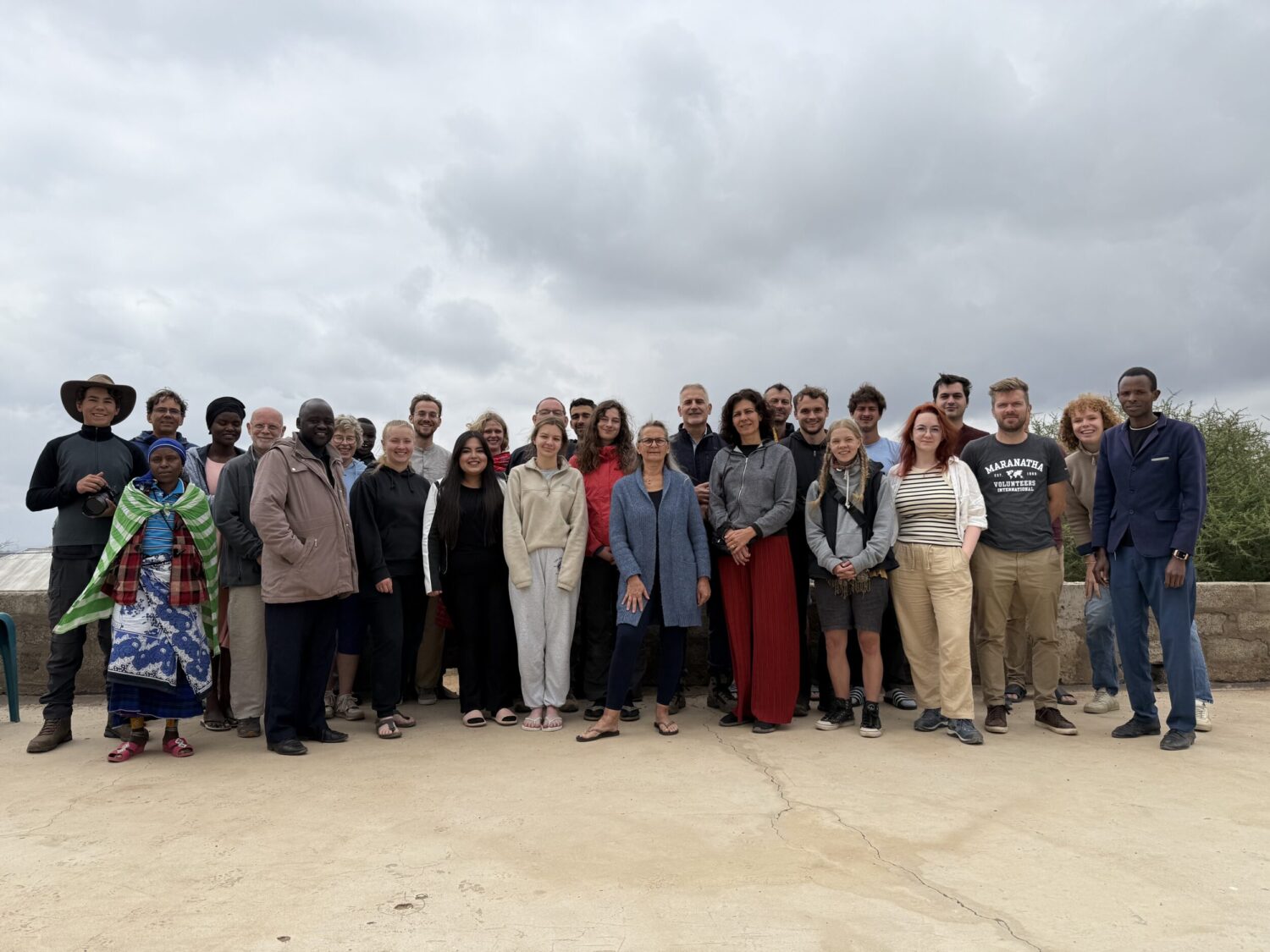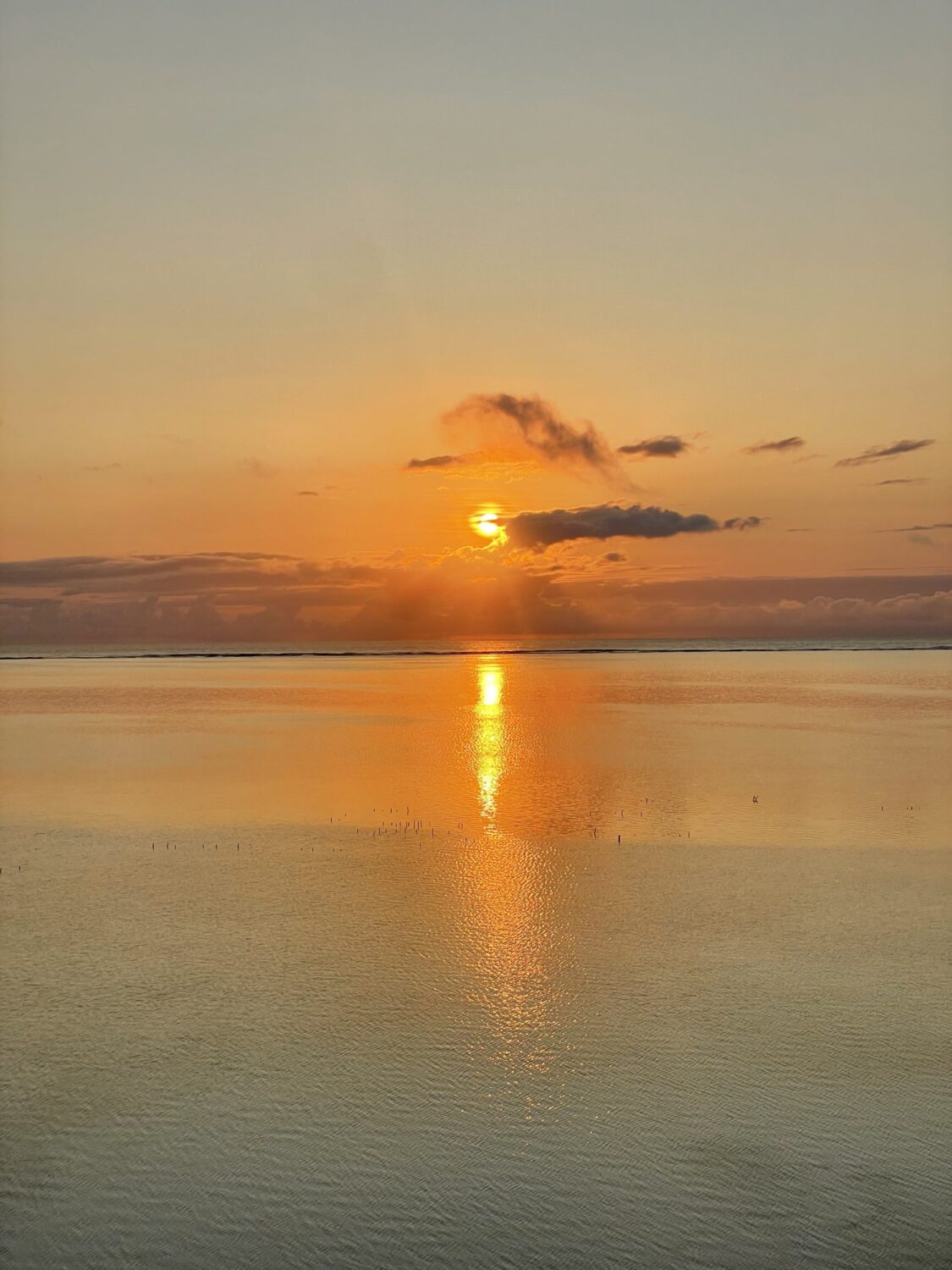A formative experience: Project trip to Tanzania in 2025
20. Nov. 2025 / Learning & Studying / Science & Research
In August/September, students, lecturers, and friends of the university traveled to Karao in Tanzania. These project trips have been taking place since 2010—and yet every year is unique and enriching for both sides in its own way. Perhaps this is due to the fascinating Maasai culture: it is characterized by warm hospitality, but with few fixed schedules. Every day brought a new adventure. On the first day, a normal visit to a boma (small village community) turned into an invitation to a wedding celebration!
What did we do?
The 42 participants were active in three different teams: health, construction, and community work. The students were divided among the three villages with Adventist churches – Karao, Langata, and Mairowa. They visited the surrounding bomas, gave sermons for adults, and organized programs for up to 100 children each evening. The doctors and midwife gave medical lectures or treated patients at the health center in Karao.
The 13 students from Burger Roland Gymnasium, who traveled with two teachers and their principal, complemented the project group particularly well. They supported the local school in teaching and caring for the children. For many of these young people, the experience was formative. They reported how their view of wealth and standard of living had changed. The story of how the project came about under God's guidance, as told by the project leader, lecturer Dr. László Szabó, also left a lasting impression.
What do we take away with us? Gratitude!
Gratitude for the financial and prayerful support of so many – perhaps including you?
Gratitude for the team leadership of Dr. László and Szilvia Szabó, whose experienced commitment ensured that everything ran smoothly, even though this was hardly imaginable at the beginning. Gratitude for the translators and local staff, because only as a team could we really get things done. And above all, gratitude to God: for his faithfulness and reliability – in small things as well as in big things.
A special experience right at the start of the trip was our arrival at Kilimanjaro Airport, located between the cities of Arusha and Moshi. Because of our luggage, numerous cables, medicines, and a large battery we were carrying, we were initially detained. We were faced with the option of leaving the donations we had brought with us behind or paying money for them. Finally, Claud Michael, an employee of Supai e.V. (Association for the Promotion of Development Cooperation) in Tanzania, who had met us at the airport, asked if we could pray together. The customs officer immediately let us go, blessed us for our journey, allowed us to take all our materials with us—and we didn't have to pay anything!
And finally, we are grateful to the Maasai themselves. They taught us a lot about our attitude toward possessions and life, our solidarity as students and lecturers, our style of preaching – and our trust in God has deepened. Or as Harold, a long-time employee of Supai e.V., put it: “Who is poor? The one who has little but rejoices over every little thing – or the one who can no longer rejoice because he takes everything for granted?”
Theresa Peters, theology student
Another project trip to Tanzania is planned for August/September 2026. You can donate to this project at: https://adimis.org/de/unterstutzung
Or would you like to join us yourself? Then get in touch here:
